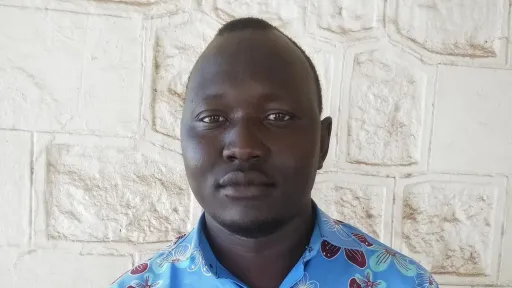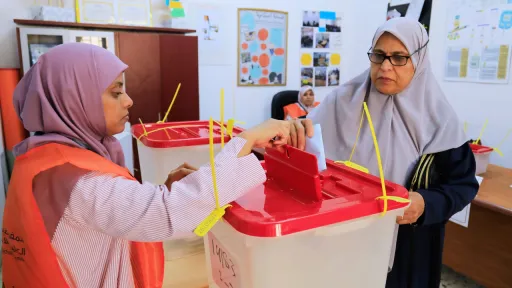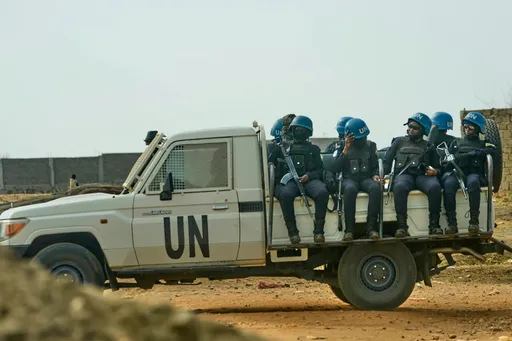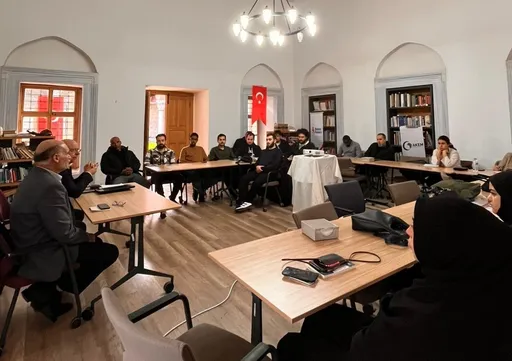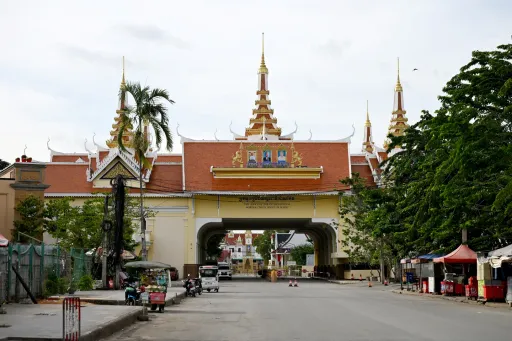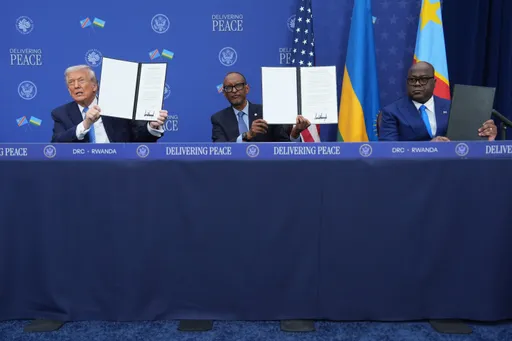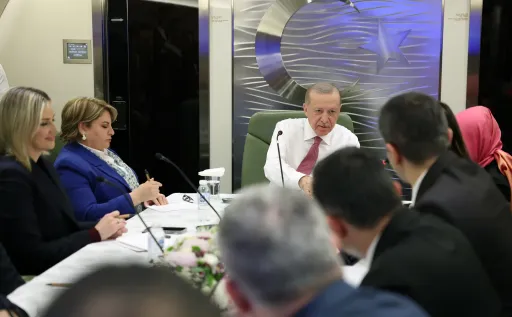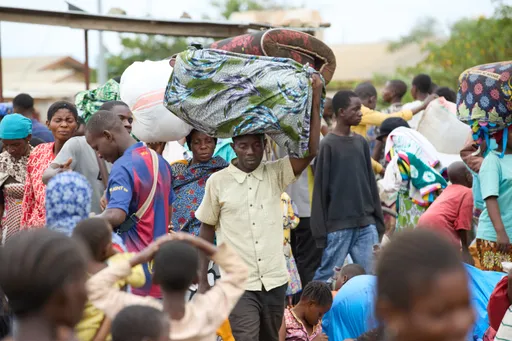By Brian Okoth
African ministers of finance have called for reforms of the International Monetary Fund (IMF’s) Special Drawing Rights (SDR) system.
In a high-level meeting held in Sharm El-Sheikh, Egypt on Monday, the ministers said the review would enable African nations to access more funds for development.
SDR refers to the IMF’s artificial currency instrument used for internal accounting processes.
The value of the SDR is calculated from a weighted basket of major currencies – the US Dollar, the Euro, Japanese Yen, Chinese Yuan and the British Pound.
Member countries that store their funds in the IMF are usually allocated SDRs based on their respective quota amounts. The higher the quota amount, the larger the SDR allocation a country will receive. Stronger economies tend to have higher quotas.
The SDR system is key in determining loan access, repayment obligations and repayment of interest on loans, among others.
During the Africa High-level Working Group on the Global Financial Architecture, the finance ministers said the proposed reforms to the SDR system, if approved, will strengthen Africa’s voice on the global stage.
Hanan Morsy, the Deputy Executive Secretary of the UN Economic Commission for Africa (UNECA), said when SDRs are allocated, they tend to be skewed in favour of countries that don’t need them as much as developing nations.
“SDRs are distributed in proportion to existing IMF quotas, which are primarily a function of an economy's size and relative position in the world economy,” she said.
Morsy gave an example of 2021, when the IMF allegedly allocated $450 billion worth of SDR to high-income nations out of the available $650 billion. According to her, the developed countries are “least likely to require or utilise SDRs”.
She further said that Africa, which has 54 states and 1.4 billion people, received fewer SDRs than Germany, which has 83 million people.
The finance ministers at the seminar asked the IMF to allocate the SDRs in a rule-based analytical manner, and according to need levels.
They advocated for the rechannelling of SDRs to multilateral development banks, such as the African Development Bank, in efforts to realise the proposed objectives.









